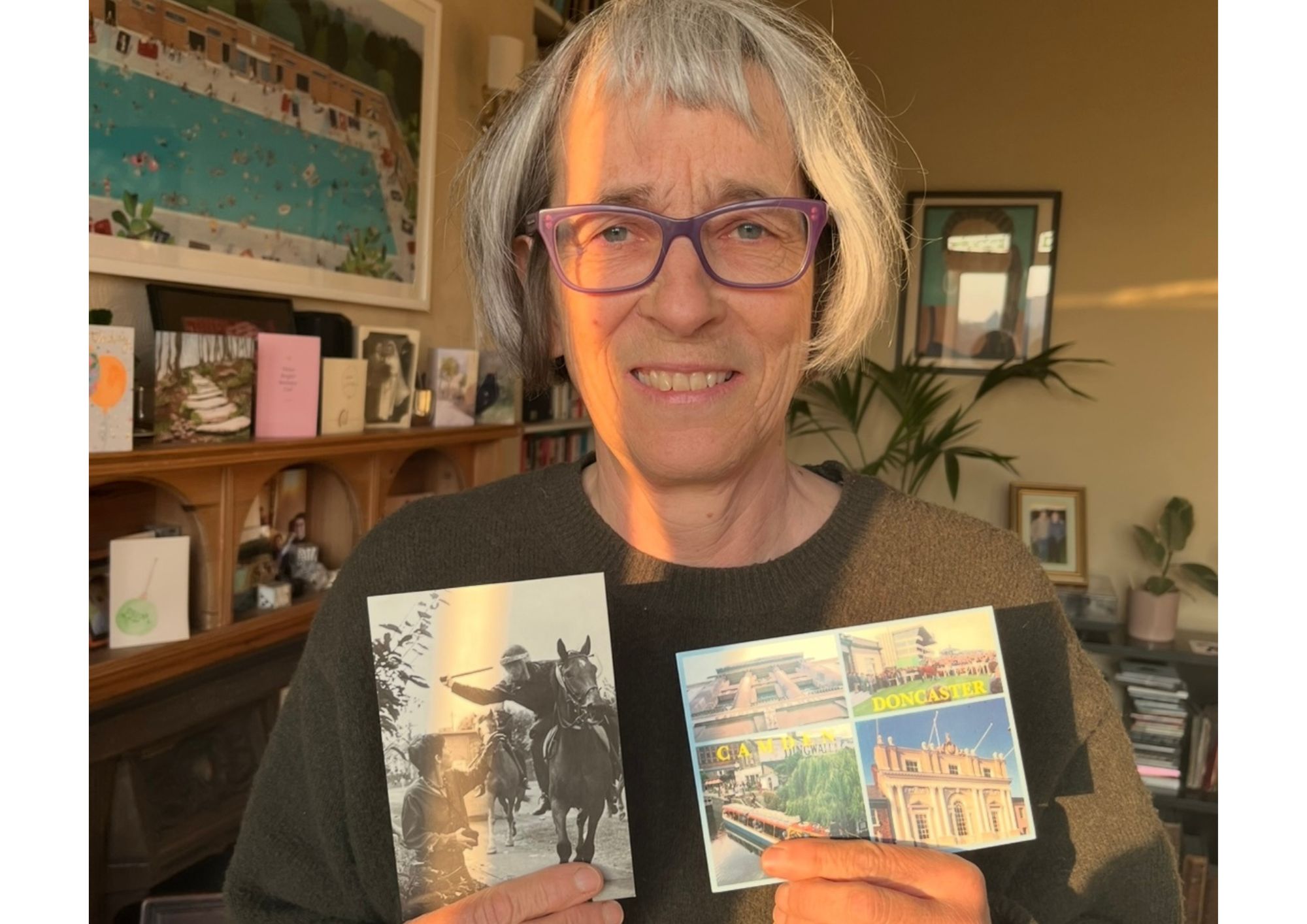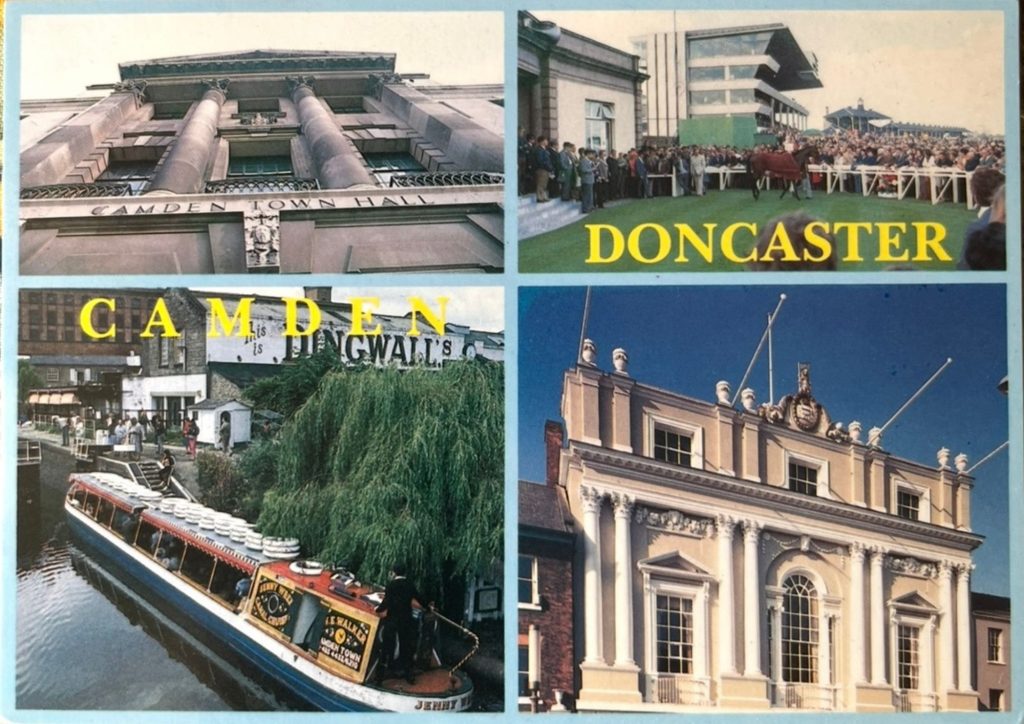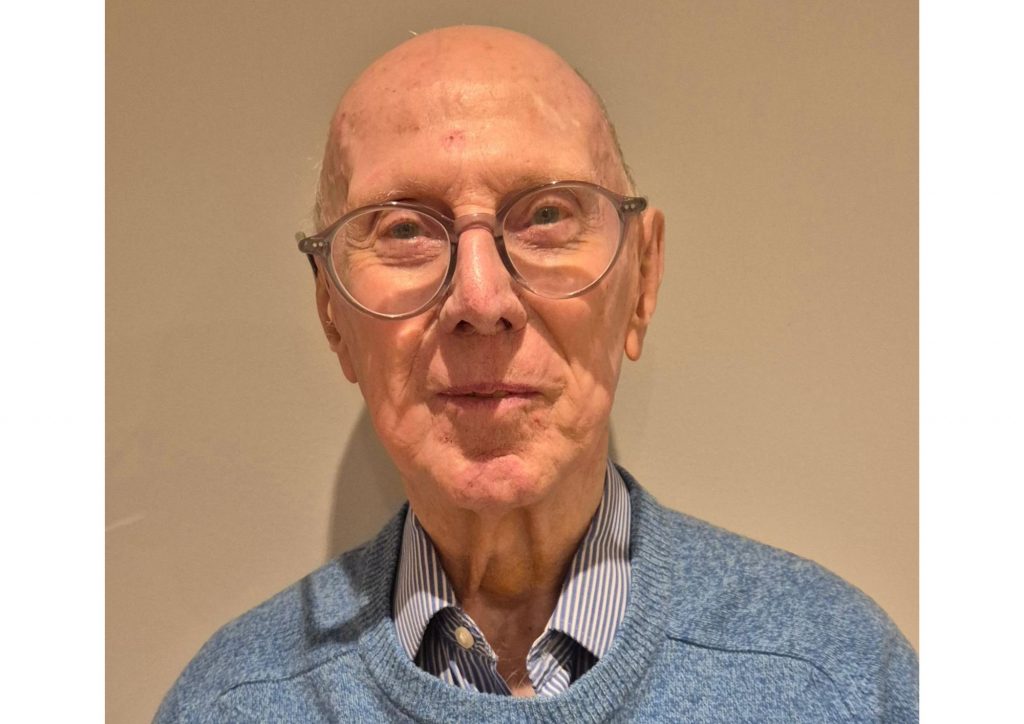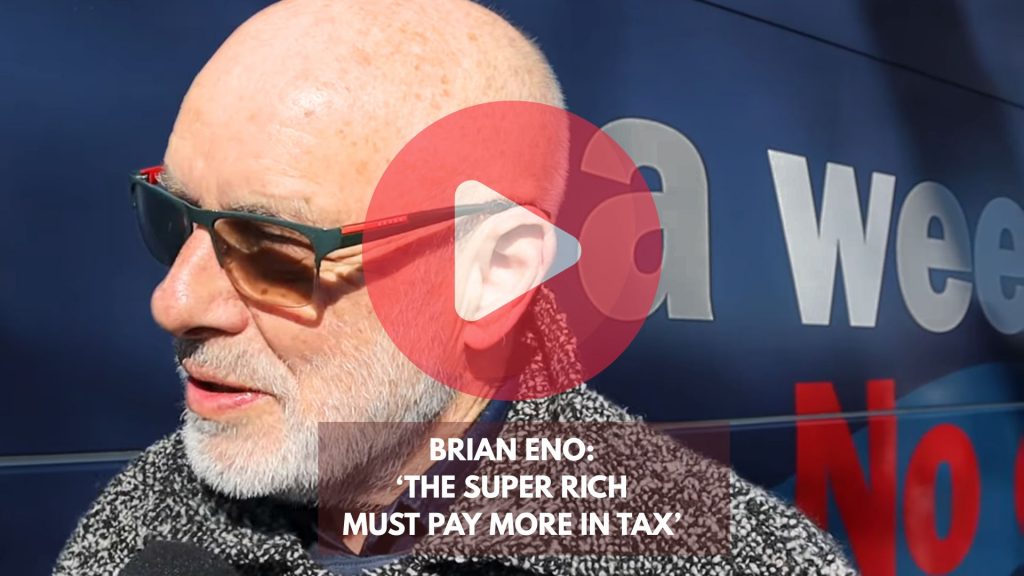40 years on from the strike, Camden’s bond with the miners of Doncaster
Camden was linked with Doncaster by campaigners wanting to show solidarity
Friday, 28th March 2025 — By Caitlin Maskell

Ros Bayley with postcards from her Frank Chalmers’ collection
Watch our online politics channel, Peeps, on YouTube
FORTY years on from the end of the miners strike, activists in Camden have remembered how they took food, money and solidarity to the affected communities.
On 3 March 1985 almost exactly a year after the strike had begun the National Union of Mineworkers (NUM) held a special conference and by a small majority voted to end the action.
Miners returned to the pits on March 5 that year after a gruelling year-long battle.
During the strikes, Camden was twinned with Doncaster, with unionised Camden Town Hall workers displaying solidarity with striking miners.
Ros Bayley, who lived on York Way in 1985 and was an active member of her local Labour Party branch, said: “We were very active and involved. What Thatcher was doing seemed so obviously wrong – smashing the unions and closing down profitable pits for political reasons.”

One of the historic postcards linking Camden and Doncaster
Ms Bayley was part of the effort in Camden to support the striking miners and their families with each Labour party ward in Camden adopting a specific pit – raising money, collecting food and hiring cars to take it to the miners’ doors.
She said: “I just remember being in the mining town in the living room of one of the women who was involved and it was an unforgettable experience, just making common cause with these women who were doing an absolutely fantastic job and it was so impressive.
“Women who were often just housewives and then suddenly they were arranging this incredible catering operation – feeding hundreds of people each day and being so eloquent about what they were fighting for.
“They were different ages – mothers and grandmothers and were actually crucial to the strike and a force to be reckoned with – funny, brilliant and brave.”

Terry King
Terry King was head of English at Parliament Hill School for Girls in Highgate Road during the strikes and was born in Nottinghamshire in a mining town.
He said: “Parliament Hill School had its own branch of the NUT [the old National Union of Teachers] and we would meet regularly during the strike and invite speakers in to talk to the staff.
“One of the people who visited us was Dai Donovan, a miner in the Dulais Valley who was trying to get support from different groups all over London.
“We organised a trip over a weekend to Onllwyn Pit near Neath in South Wales at Christmas and I took a minibus load of sixth form students from Parliament Hill and William Ellis and three teachers. Staff had collected money and we took cast-off children’s clothes and food.”
Mr King added: “We slept in the miners houses with the families and we were entertained in the miners welfare. In the evening we watched a skit I’d written on a Christmas Carol where Thatcher was Scrooge.
“The students were made aware of a vibrant close-knit community quite different from life in Camden or Hampstead.
“Several kept up contact with their host families for some time after. While the government was dividing the country – Thatcher called the striking miners “The Enemy Within” – this visit helped in a small way to bridge divisions.
“The strike was not about pay or money, it was about the survival of whole swathes of towns and villages in Wales, Yorkshire, Lancaster and Scotland and particularly in Wales where communities were very much centred on the mining communities which were going to be destroyed. It has been destroyed and it has left a terrible blight on the whole in those areas even today.”
He added: “At Parliament Hill to try and persuade the staff that it was right to support the miners strikes – we were quite a militant staff but I would think half of them were not, so I would take in a record player to the staff room at lunchtime and I’d play Welsh hymns to demonstrate that it was a culture we were talking about that was being destroyed not just mining jobs.”
